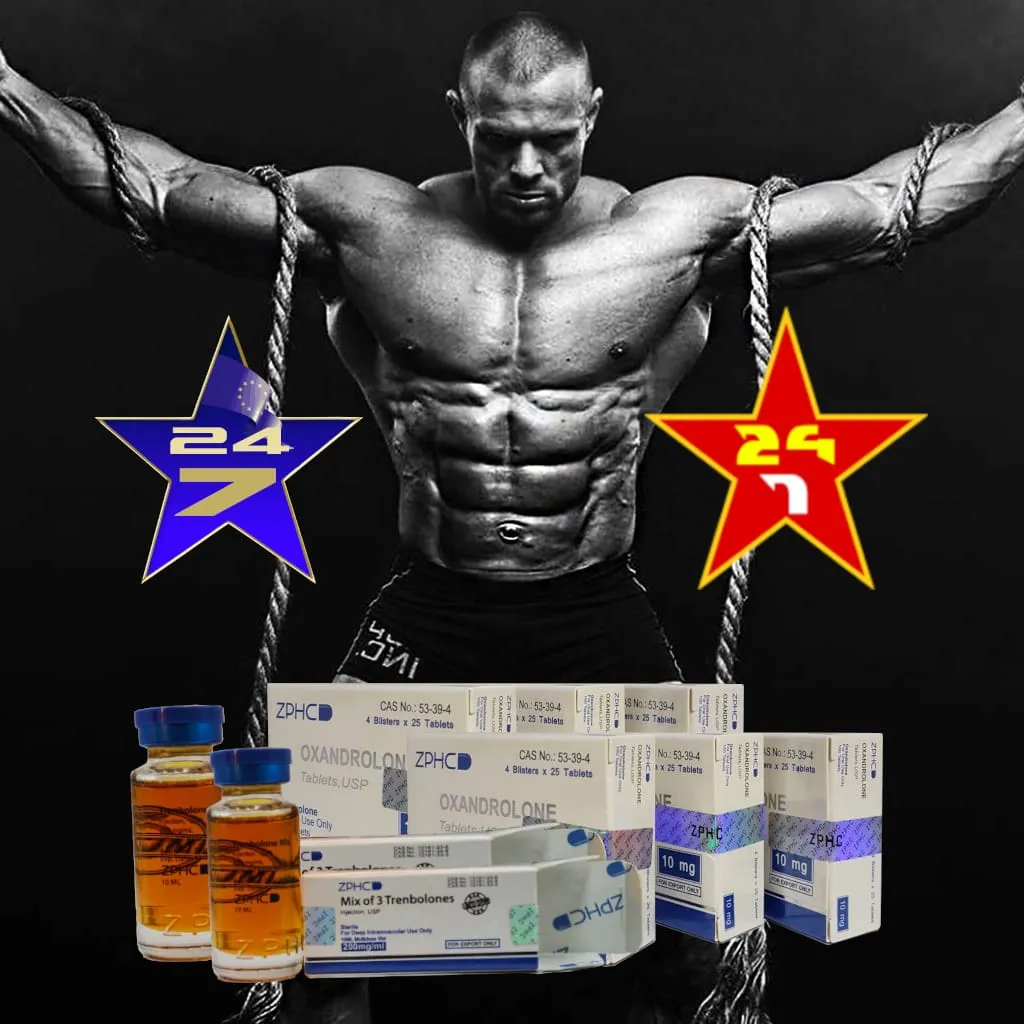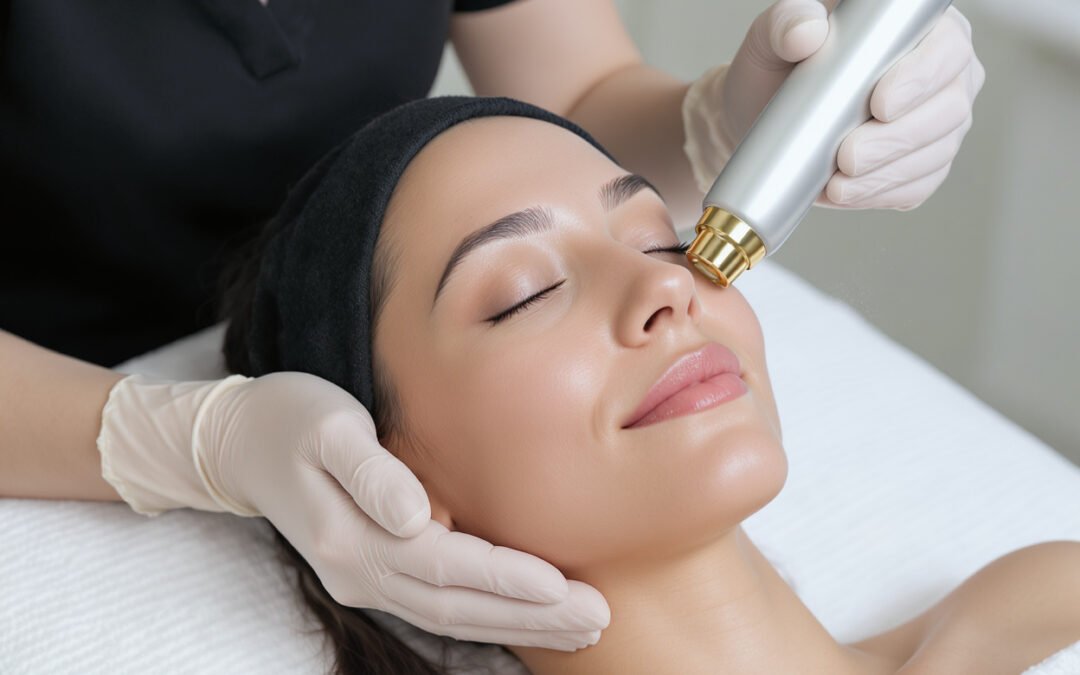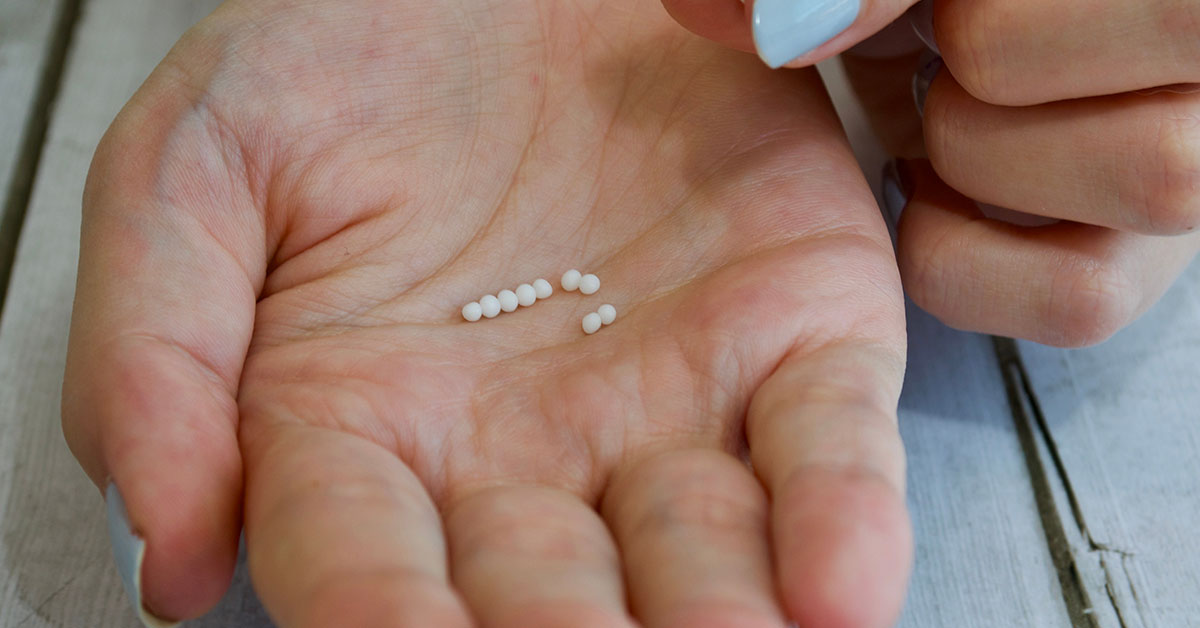
Boosting Your Testosterone: Supplements, Safety, and Side Effects
TABLE OF CONTENTS

Testosterone, the primary male sex hormone, plays a crucial role in a range of bodily functions, including muscle growth, bone density, fat distribution, and overall mood regulation. As men age, testosterone levels naturally decline, which has led to an increased interest in various methods to boost this vital hormone. This article explores common testosterone-boosting supplements, their safety, and potential side effects to help you make informed decisions.
Understanding Testosterone and Its Importance
Testosterone is produced primarily in the testes in men and in smaller amounts in women’s ovaries and adrenal glands. Normal testosterone levels are essential for maintaining libido, energy levels, and muscle mass. Low testosterone, or hypogonadism, can lead to symptoms such as fatigue, decreased motivation, irritability, and reduced libido.
Signs of Low Testosterone
Some noticeable symptoms of low testosterone include:
- Fatigue and decreased energy levels
- Reduced muscle mass and strength
- Mood swings and depression
- Difficulty concentrating and memory issues
If you suspect low testosterone levels, it is advisable to consult a healthcare professional, who can conduct appropriate blood tests to assess your hormone levels.
Common Supplements for Boosting Testosterone
A variety of supplements are marketed as testosterone boosters, but their effectiveness and safety may vary. Here are some of the most common:
1. D-Aspartic Acid (DAA)
DAA is an amino acid that may stimulate the release of hormones necessary for testosterone production. Some studies suggest that DAA can temporarily increase testosterone levels in men, particularly those with low levels.
2. Zinc and Magnesium
Both zinc and magnesium are essential minerals that play a role in hormone production. Research has indicated that supplementation with these minerals can raise testosterone levels in individuals who are deficient.
3. Vitamin D
Vitamin D, often referred to as the sunshine vitamin, is crucial for overall health. Some studies have linked adequate levels of vitamin D to higher testosterone concentrations in men.
4. Fenugreek
Fenugreek is an herb that has been suggested to enhance testosterone levels and improve sexual function. Some studies have found it can increase free testosterone levels and improve libido.
5. Ashwagandha
This adaptogenic herb has gained popularity for its potential to reduce stress and improve overall well-being. Some research shows that ashwagandha may increase testosterone levels and improve sperm quality in men.
6. Tribulus Terrestris
Often included in testosterone-boosting supplements, Tribulus is thought to enhance libido and testosterone production. However, research results have been mixed regarding its effectiveness.
7. Ginger
Ginger has been traditionally used for its various health benefits. Some studies suggest that ginger supplementation may boost testosterone levels and improve overall reproductive health.
Safety Considerations
While many of these supplements are considered safe for most people when taken in recommended dosages, it is crucial to approach supplementation cautiously. Here are some safety tips:
- Consult a Doctor: Speak with a healthcare professional before starting any supplement regimen, especially if you have existing medical conditions or are taking other medications.
- Research Quality Products: Ensure that any supplement you choose is from a reputable manufacturer that adheres to good manufacturing practices (GMP) and has undergone third-party testing.
- Monitor Dosages: Taking more than the recommended amount does not guarantee better results and can lead to adverse effects.
- Be Aware of Interactions: Some supplements can interact with medications, so it’s vital to disclose all supplements to your doctor.
Potential Side Effects
While testosterone-boosting supplements can offer benefits, they may also come with side effects, particularly if taken improperly. Some potential side effects include:
- Hormonal Imbalances: Over-supplementation can lead to elevated testosterone levels, which may result in acne, increased aggression, mood swings, or gynecomastia (breast tissue development in men).
- Sleep Apnea: Elevated testosterone levels can contribute to sleep apnea or worsen existing conditions.
- Prostate Issues: High testosterone levels may exacerbate prostate health issues, including benign prostatic hyperplasia (BPH).
- Liver Damage: Some supplements are linked to liver toxicity, particularly anabolic steroids, which are illegal and should be avoided.
Conclusion
Boosting testosterone levels can be beneficial for those with low levels, but it’s essential to approach this goal thoughtfully and safely. While several supplements may hold promise, always prioritize consulting a healthcare professional before beginning any new supplement regimen. By understanding the safety, effectiveness, and potential side effects, you can make informed decisions that support your overall health and well-being safely. Remember, a healthy lifestyle featuring regular physical activity, a balanced diet, and adequate sleep is equally important in maintaining optimal testosterone levels.
Testosterone supplements are increasingly popular among men and women seeking to enhance their physical performance, improve energy levels, and boost their overall well-being. Testosterone, a hormone predominantly found in males, plays a crucial role in various bodily functions, including muscle mass maintenance, bone density, and libido. As individuals age or experience specific health conditions, testosterone levels may decline, leading to symptoms such as fatigue, reduced strength, and diminished sexual desire. Consequently, many turn to testosterone supplements to combat these issues, hoping to reclaim vitality and enhance their quality of life.
The market for testosterone supplements ranges from natural herbal products to synthetic hormones prescribed by healthcare professionals. Natural supplements, such as fenugreek, ashwagandha, and DHEA (dehydroepiandrosterone), are often sought after for their perceived safety and minimal side effects. These products claim to boost the body’s natural testosterone production, thus avoiding the potential risks associated with synthetic hormones. However, the effectiveness of natural supplements varies significantly among individuals, and scientific evidence supporting their benefits can be limited or anecdotal.
On the other hand, testosterone replacement therapy (TRT) involves the administration of synthetic testosterone through injections, patches, or gels. TRT is typically prescribed to men diagnosed with hypogonadism, a medical condition characterized by low testosterone levels. This therapeutic approach has been shown to effectively alleviate symptoms associated with testosterone deficiency, including fatigue, depression, and reduced libido. Despite its benefits, TRT may also carry risks, such as increased red blood cell production, cardiovascular issues, and potential effects on prostate health, which necessitates careful monitoring by healthcare providers.
The use of testosterone supplements is not limited to individuals with clinically low testosterone levels; many athletes and fitness enthusiasts use these products to enhance their physical performance. Boosting testosterone can lead to increased muscle mass, strength, and endurance, factors that are highly coveted in competitive sports and bodybuilding. However, the non-medical use of testosterone supplements raises ethical questions about fair competition and possible health risks associated with misuse or overuse, including hormonal imbalances and long-term health consequences.
The popularity of testosterone supplementation has also prompted discussions about safety and regulation. Many products marketed as testosterone boosters are available over the counter, leading to concerns about their quality, efficacy, and potential adverse effects. Consumers may be misled by aggressive marketing tactics that overstate the benefits while downplaying risks. Consequently, individuals considering testosterone supplements should approach these products with caution, seek professional guidance, and prioritize scientifically-backed methods of enhancing health and fitness.
Moreover, lifestyle factors play a significant role in managing testosterone levels. Regular exercise, particularly resistance training, has been shown to naturally boost testosterone production. Maintaining a balanced diet rich in vitamins and minerals, managing stress, and ensuring adequate sleep are also essential for hormonal health. Some experts advocate for a holistic approach to increasing testosterone, incorporating lifestyle modifications alongside or instead of supplementation. This proactive approach may not only address testosterone deficiency but also support overall well-being.
In conclusion, while testosterone supplements can offer potential benefits for those experiencing low testosterone levels or wanting to enhance their physical performance, they should not be viewed as a one-size-fits-all solution. The decision to use testosterone supplementation should be made with careful consideration, taking into account individual health needs, potential risks, and the importance of lifestyle factors. Consultation with a healthcare professional is vital for ensuring safe and effective supplementation, paving the way for informed decisions that prioritize health and well-being. Ultimately, understanding the complexities of testosterone supplementation can empower individuals to make choices that align with their specific goals and health conditions.






